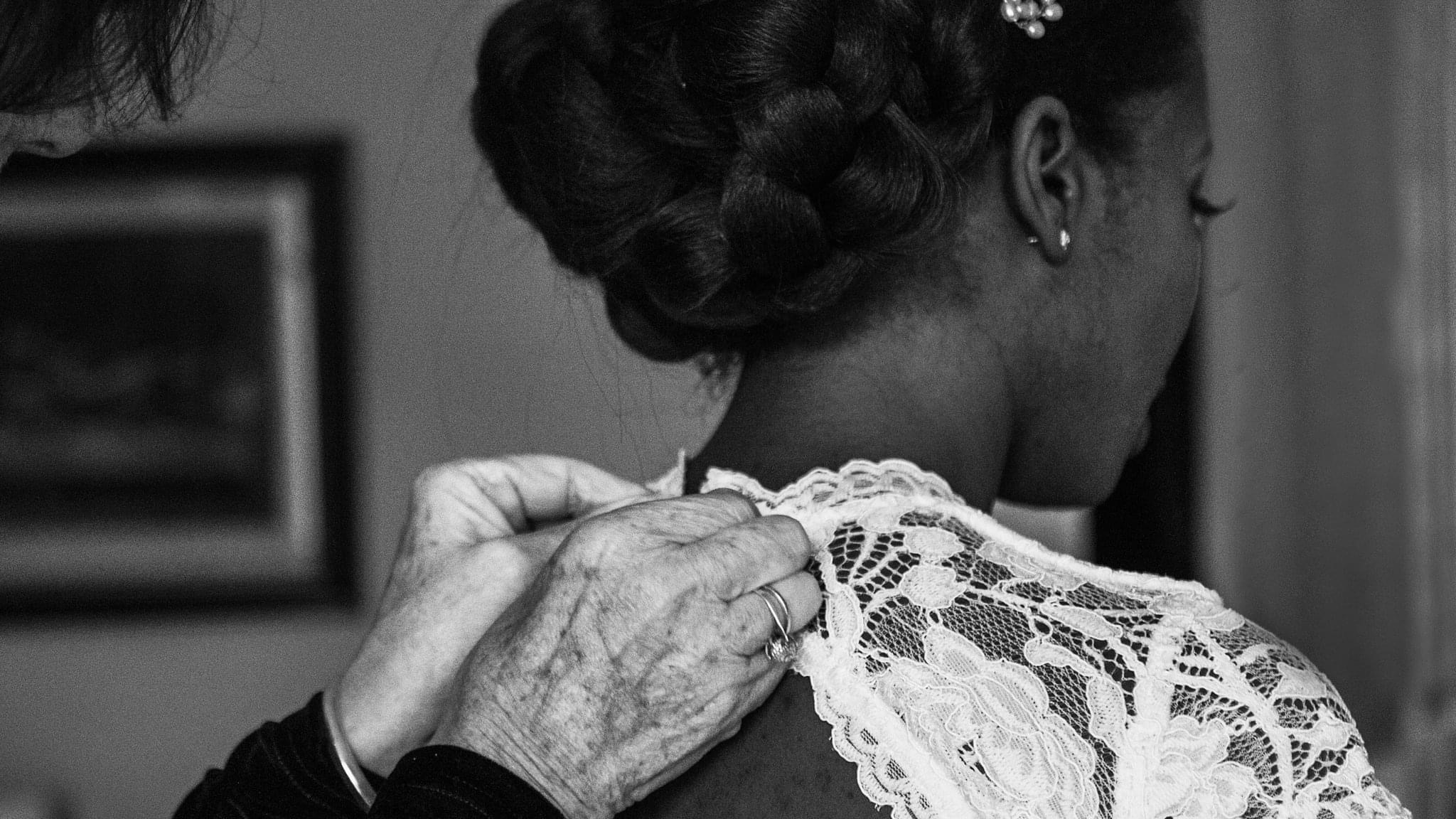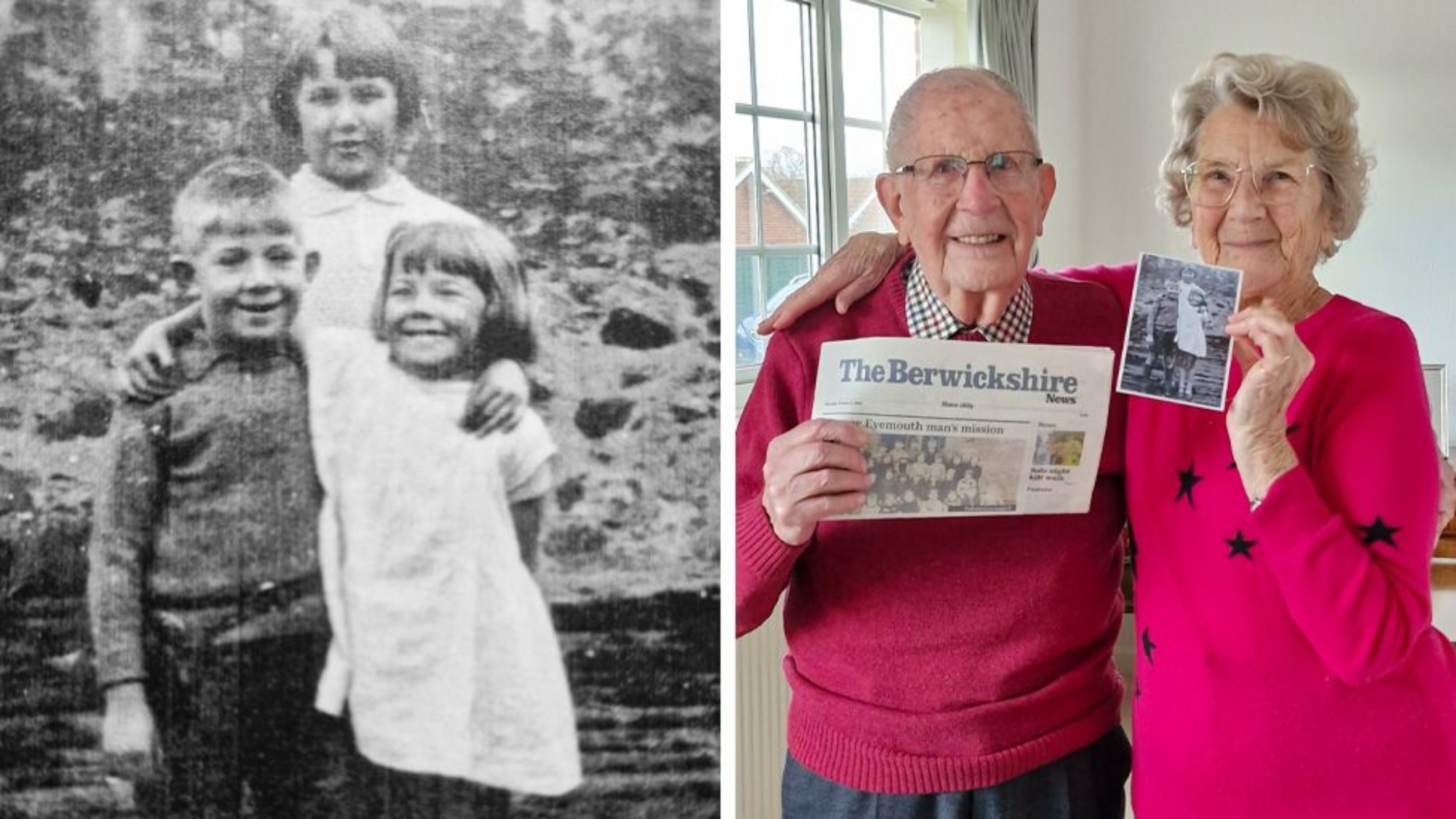75-Year-Old Man Admits to Killing His Wife Due to Inability to
Afford Her Care Hospital
A harrowing account emerges from court documents detailing
the tragic events surrounding the death of a Kansas City-area woman, allegedly
at the hands of her husband, Ronnie Wiggs. The 75-year-old Wiggs stands accused
of second-degree murder, his actions born out of desperation stemming from his
inability to provide adequate care for his ailing wife and the crushing weight
of mounting medical bills.
According to reports, Wiggs confessed to authorities that he was unable to care for his wife, burdened by both the emotional toll of caregiving and the financial strain of her medical expenses. The incident unfolded at Centerpoint Medical Center in Independence, where Wiggs's wife was undergoing a procedure for her dialysis.
Tragically, she became unresponsive,
prompting medical staff to initiate life-saving measures. Despite their
efforts, she was ultimately declared brain dead, her fate sealed by
irreversible damage.
Following the distressing events, Wiggs fled the hospital,
only to be brought back by his stepson, where he allegedly confessed to the
heinous act. Witnesses recounted hearing Wiggs's chilling admission of guilt,
citing his own words confessing to choking his wife. Further examination of the
victim's body revealed injuries consistent with strangulation, adding a grim
layer to the already somber narrative.
In a shocking revelation, Wiggs admitted to a prior attempt
on his wife's life, indicating a pattern of distress and desperation. He
described a previous incident at a rehabilitation facility and expressed intent
to harm her again during her hospitalization, thwarted only by the monitoring equipment
that surrounded her.
As the details of this tragedy unfold, it serves as a stark reminder of the dire consequences that can arise from the intersection of financial strain, mental health struggles, and inadequate support for caregivers.
Amidst the sorrow and grief, questions linger about the systems in
place to assist individuals like Wiggs and his wife, highlighting the need for
greater accessibility to resources and support for those facing similar
challenges.










.jpg)